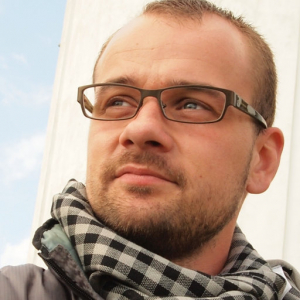The pandemic in Brno affected women mentally more
Feeling lonely, worried about the health of their loved ones and stress from an unstable situation. The pandemic of the COVID-19 disease affected not only the physical health of the population, but also the mental health, which has now been confirmed by research in which researchers from the International Clinical Research Center of St. Anne’s University Hospital Brno (FNUSA-ICRC) and the American Mayo Clinic.
The researchers analyzed the impact of the pandemic and related restrictive measures on mental health in the participants of the Kardiovize project, a study that has been examining the local level of health for a long time on a population sample of one percent of the city of Brno. 715 Brno residents took part in the analysis of changes in mental health during the first hard lockdown in the spring of 2020, when, in addition to services, the borders of the Czech Republic were closed. “The results showed that the incidence of increased stress and depressive symptoms increased 1.4 to 5.5times compared to the period before the COVID-19 pandemic,” said PhDr. Jan Sebastian Novotný, Ph.D., first author of an international study and member of the Translational Neuroscience and Aging Program Research group FNUSA-ICRC. “This deterioration manifested itself in all age groups and was more pronounced in women,” he added.
The study also showed that, despite a comparable deterioration in all age groups during the pandemic, younger grades suffered more mentally, which may be due to work or study insecurity, and thus financial instability. At the same time, richer life experiences and lower expectations can be expected for older age groups, which also contributes to higher mental resilience in general. The main risk factors for deteriorating mental health have been feelings of loneliness, perceptions of COVID-19 as threatening, and some negative effects on lifestyle – such as the financial effects of restrictive measures, lack of exercise or deterioration in sleep quality. On the contrary, a higher level of resilience, ie the ability to maintain a standard level of functioning despite adverse circumstances, proved to be a protective factor.
“The observed increase in the incidence of stress and depressive symptoms as well as many identified risk factors can be prevented, diagnosed and treated. It is therefore necessary to respond to these findings in a timely and targeted manner by setting up appropriate psychological and psychiatric help so as to reduce the risk of a subsequent pandemic of mental disorders in the population, “said Jan Sebastian Novotný.
The FNUSA-ICRC research team continues the study, its goal is to capture the long-term effects on the mental health of Brno residents.


